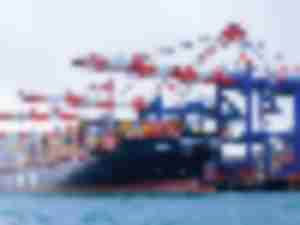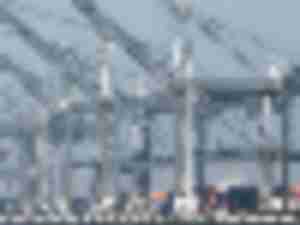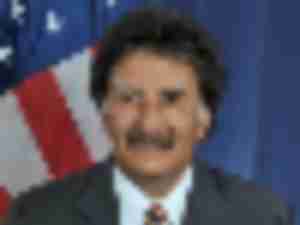
Teamsters continue pickets at LA/Long Beach
Truck drivers continued picketing container terminals at the Ports of LA /Long Beach Wednesday slowing truck traffic at some terminals.

Global maritime shipping industry needs better data sharing
A new study, “Competitive Gain in the Ocean Supply Chain: Innovation That’s Driving Maritime Operational Transformation,” says that importers, exporters, container carriers, terminal operators, vessel owners and other stakeholders suffer from poor visibility and predictability around shipments and are losing money due to a lack of partner synchronization and insufficient data insight.

Agriculture exporters worry ocean carrier consolidation undermines service
A panel of agricultural exporters speaking at the Agriculture Transportation Coalition (AGTC) Annual Meeting in California on June 7th are worried that new ocean carrier alliances may be hurting service and costing shipper’s money.

Mega-container arrivals will benefit California ports
In an interview, Jock O’Connell, Beacon Economics’ international trade advisor, told AJOT that the growing number of mega-container ships that are being delivered to ocean container carriers in 2017 and beyond are bound to benefit West Coast ports, including Long Beach, Los Angeles and Oakland, because “there are no ports on the East Coast and Gulf, at present, that can handle ships of this size.”

Port of Oakland & Advent Partner on Inland Depot for San Joaquin Valley Shippers
Allen Thomas, Chief Strategy Officer for Advent Intermodal, based in Murray Hill New Jersey told AJOT his company is providing software support for a Port of Oakland initiative to deliver containers to new Inland Depot in French Camp California, near San Joaquin Valley, California distribution centers.

Ex-FMC Chair Cordero Poised to Head Port of Long Beach
The Long Beach Board of Harbor Commissioners is expected to vote tomorrow (Friday, April 14) to name Mario Cordero, a former chairman and current member of the Federal Maritime Commission, as the Port of Long Beach’s new Executive Director. Cordero, a Long Beach resident and attorney, served previously as president and as a longtime member of the Long Beach Board of Harbor Commissioners.

Oracle Veteran Beefs Up Navis Line-Up
In 2016, Raj Gupta was appointed Navis chief technology officer and senior vice president of engineering after a twenty-year career in Silicon Valley, including positions at Silicon Graphics and at Oracle.

NAVIS President Urges Terminals and Carriers to Increase Digitization
Bernard de la Tour, president of maritime software provider Navis, urged port and terminal operation participants at the Navis World 2017 conference in San Francisco to prepare for a major investment in digitization by ocean carriers and global terminal operators.

Navis’s XVELA Execs Offer Maritime Cloud-Based Vision
Guy Rey-Herme, President of XVELA and Robert Inchausti, Chief Technology Officer believe that XVELA’s new cloud-based system will revolutionize maritime operations by providing improved communication between ship stowage and terminal cargo handling.

US West Coast Ports Increase Market Share in 2016
U.S. West Coast ports increased their market share in 2016 indicating losses to East Coast and Gulf ports are being reversed.
© Copyright 1999–2024 American Journal of Transportation. All Rights Reserved
